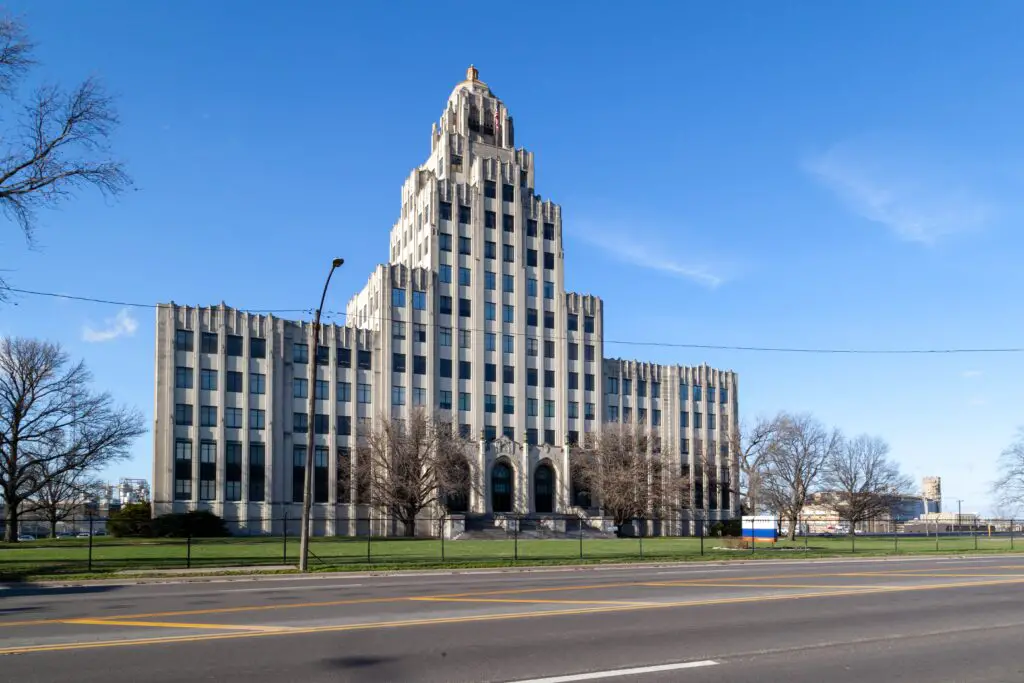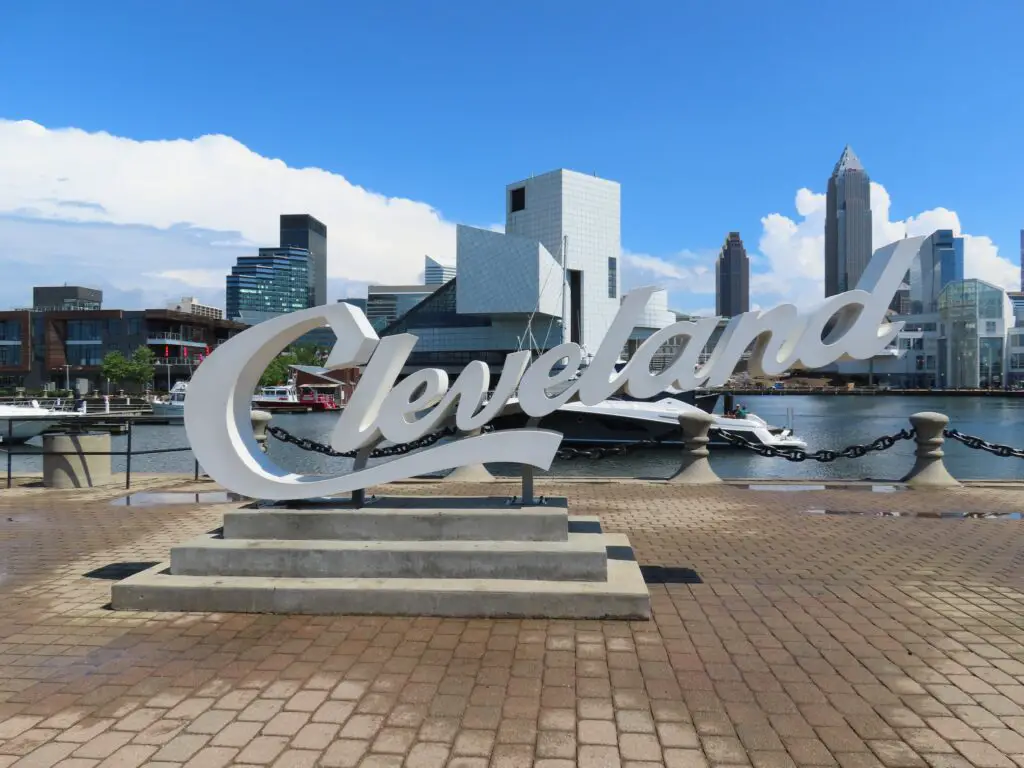1. California

California has recently implemented stricter regulations for DIY home renovations, especially when it comes to plumbing and electrical work. Homeowners now need to obtain more detailed permits and follow new safety protocols. This has made it harder to complete projects without professional assistance, especially if they involve any significant structural changes. For example, if you’re planning to install a new electrical panel or rework your plumbing, you’ll need to have a licensed professional oversee the process. DIYers must also now comply with updated environmental regulations, such as water conservation and energy efficiency standards. While it’s still possible to do certain renovations yourself, expect more oversight and requirements.
2. New York

In New York, regulations surrounding DIY renovations have become increasingly strict, particularly in cities like New York City, where building codes are more complex. Homeowners planning to tackle projects like window replacements or changes to load-bearing walls will likely need to hire licensed contractors. Local building departments are paying closer attention to whether DIYers are following proper guidelines and safety measures. Additionally, recent changes to zoning laws and permits can make seemingly simple renovations a bit more involved. If you’re tackling a project in NYC, always check with the local authorities to make sure you’re in compliance with new regulations before you start.
3. Texas

Texas, known for its more relaxed regulations in many areas, has been tightening its DIY renovation laws, particularly in cities like Austin and Houston. New rules require homeowners to adhere to updated fire safety and electrical codes. For example, installing a new air conditioning unit or modifying electrical systems now necessitates inspections that were not previously required. In some regions, you’ll also need to ensure that your renovation projects don’t interfere with local water systems, especially with increased flood risks. While DIY renovations are still possible in Texas, the push for compliance with modern building standards means extra steps before you get started.
4. Florida

Florida has a growing focus on hurricane-resistant home renovations, especially in coastal areas. Homeowners doing DIY projects, such as adding windows or strengthening roofs, now face new regulations requiring them to meet higher building standards. In some cases, these changes include impact-resistant materials or specific structural reinforcements to withstand high winds. Florida also requires homeowners to apply for and obtain more permits than before, especially when dealing with projects in flood-prone zones. DIYers should be especially cautious if they plan to take on any major structural work or exterior changes. A failure to meet these new standards could result in fines or complications when selling your home.
5. Michigan

Michigan has been seeing stricter enforcement of home renovation laws, especially when it comes to DIYers tackling projects involving plumbing or electrical work. Local building departments are requiring more detailed permits and inspections for these projects. For instance, if you’re upgrading your electrical system or installing a new furnace, you now have to hire a licensed professional to ensure everything is up to code. These changes have been implemented to reduce the risk of fires and accidents. Homeowners who take on DIY projects without following these new regulations might face fines or need to redo their work to meet new standards.
6. Illinois

Illinois is cracking down on DIY renovations in a way that impacts both major and minor home improvement projects. Recent changes to local ordinances require homeowners to get permits for work that was once considered “minor,” such as replacing windows or installing new drywall. The goal is to ensure safety standards are met, particularly for electrical and structural changes. If you’re looking to renovate your basement or put in a new bathroom, be prepared to deal with more paperwork and inspections. Chicago, in particular, has made it harder for DIYers to bypass professional help for renovations in older buildings, which may have hidden structural issues.
7. Washington

Washington state has made changes to its renovation rules, particularly in areas with older homes or buildings built before the 1970s. DIYers looking to remodel kitchens or bathrooms may now face stricter codes regarding plumbing and electrical installations. If you’re working on a property that is older or on the National Register of Historic Places, expect even more stringent regulations. In Seattle, for example, you’ll need to secure permits for many renovation tasks that previously didn’t require oversight. New regulations also require more detailed energy efficiency measures, including the installation of efficient heating and insulation systems. While Washington still allows DIY renovations, the bar has been raised to ensure safety and sustainability.
8. Colorado

In Colorado, there’s a growing focus on energy efficiency and environmental sustainability for home renovations. Homeowners are now required to meet higher standards for projects like adding insulation, upgrading windows, or installing new heating systems. These regulations are intended to help reduce the state’s carbon footprint and make homes more energy-efficient. DIYers working on these types of projects will need to follow updated codes and possibly hire professionals for specific installations. It’s important to note that failing to meet these energy standards could delay project approval or result in costly fines. Be sure to familiarize yourself with these new rules to avoid setbacks.
9. Ohio

Ohio’s DIY renovation regulations are seeing a shift toward more oversight, particularly when it comes to structural work. The state has recently put in place new rules that require homeowners to work with licensed contractors for larger projects like foundation repairs or major electrical upgrades. Additionally, there’s a growing emphasis on safety, with more frequent inspections for projects that involve plumbing or electrical work. Ohio also has strict zoning laws, meaning that DIYers need to ensure their renovations comply with local building codes. Getting caught without the necessary permits could result in delays or fines, so it’s crucial to do your homework before beginning a project.
10. Pennsylvania

Pennsylvania has recently updated its home renovation laws, making it harder for DIYers to avoid getting permits for certain types of work. For instance, even tasks like replacing a deck or renovating a kitchen may require additional permits. The state has particularly tightened its rules around electrical and plumbing work, ensuring that these areas are handled by licensed professionals. In some regions of Pennsylvania, homeowners must also adhere to historic preservation codes, especially in older neighborhoods or districts. DIYers need to be aware that failing to comply with these new requirements could result in penalties or the need to redo the work at their own expense.
11. Nevada

Nevada has been stepping up efforts to regulate home renovations, with new rules requiring homeowners to seek permits for a broader range of DIY projects. This includes everything from adding new walls to installing new lighting. Local officials are particularly concerned about safety issues, especially when it comes to electrical and plumbing systems. These changes have made it more difficult for DIYers to complete certain renovations without professional help. The new regulations also require homeowners to comply with stricter energy codes, ensuring that renovations help reduce the state’s environmental impact. Be sure to check local regulations before diving into any major projects.
12. North Carolina

North Carolina has been updating its building codes, and DIY home renovations are facing more restrictions, particularly in areas like the electrical and plumbing sectors. Homeowners must now meet higher standards for many renovation tasks, from upgrading HVAC systems to replacing plumbing pipes. Local governments are requiring more inspections and permits to ensure that these projects comply with modern codes. These updates are designed to increase safety and reduce risks to homeowners, especially in homes with older infrastructure. North Carolina’s focus on sustainability is also evident in the growing demand for energy-efficient renovation solutions.
13. Arizona

In Arizona, DIY renovations now come with new restrictions, especially for projects related to water conservation and energy efficiency. Homeowners are encouraged to use more environmentally friendly materials, but they must follow state guidelines for sustainable renovations. If you’re planning any major work, such as installing a new roof or adding a second story, you’ll need to work with licensed contractors to meet building codes. Arizona’s climate considerations, such as heat resistance and cooling efficiency, are also a key focus in these new regulations. Be aware that failing to meet these updated standards can result in project delays or fines. Always check local codes before beginning a major DIY renovation.
